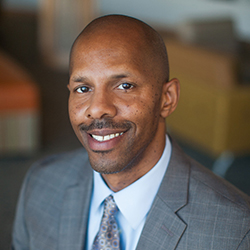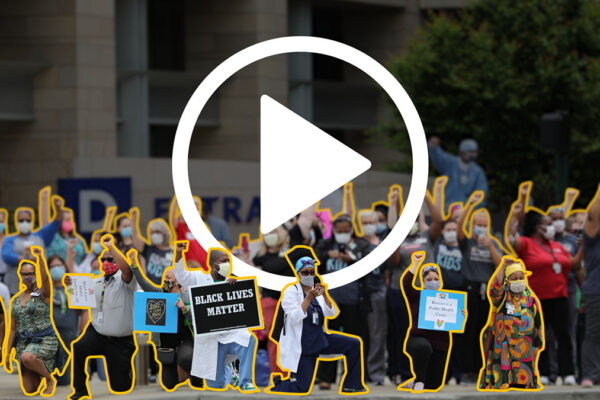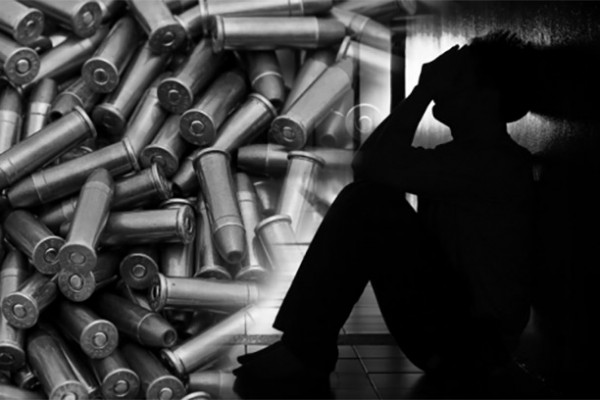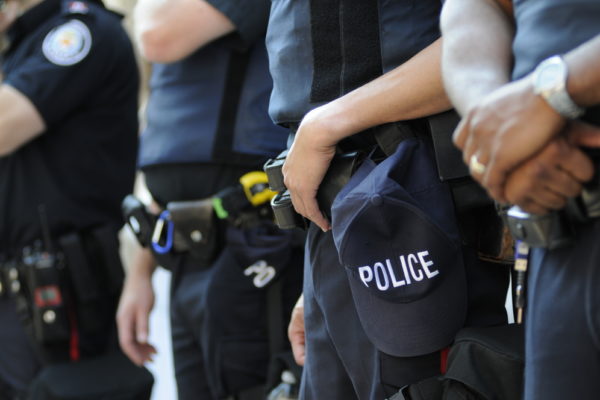In the wake of national protests following the death of George Floyd, some activists are calling on cities to defund their police departments. But what does that mean exactly?
Robert Motley, a PhD candidate in the Brown School and manager of the Race & Opportunity Lab at Washington University in St. Louis, explained it’s more of a reallocation of funds for public safety and health.

“Defunding the police does not equate with dismantling the entire police force,” Motley said. “What citizens, community leaders and some legislators are calling for is a thorough review of existing budgets and possible reallocation of funds to support community-based programs and services that would be of direct benefit to the overall well-being of predominantly black, under-resourced communities.
“For example, some of the recommendations proposed include a redistribution of funds to public health services, public schools, housing, small business owners, and also for the creation of job opportunities,” said Motley, whose research examines trauma and policing among black adults ages 18-29.
Could defunding the police improve policing?
“Many black communities are disproportionately impacted by mental illness, homelessness, drug addiction and poverty,” Motley said. “For some time now, police officers have been tasked with intervening in situations that are the byproduct of these conditions, which is often outside of the scope of their training and expertise.
“As a result, what we are seeing is the use of methods by police that are excessive, ineffective and detrimental to the health and well-being of the citizens they are paid to serve and protect.”
Creating black communities that are healthy, thriving
Investing some of the funds into existing programs and services that address these public health and economic issues “may create black communities that are healthy and thriving and enable police officers to solely focus on safeguarding the safety of these residents,” Motley said.
“An example of this type of policing can be seen in any predominantly white middle to upper-middle class community in America. So it’s not a question of can it be done, but do we want it done for marginalized and under-resourced black communities in America?”


